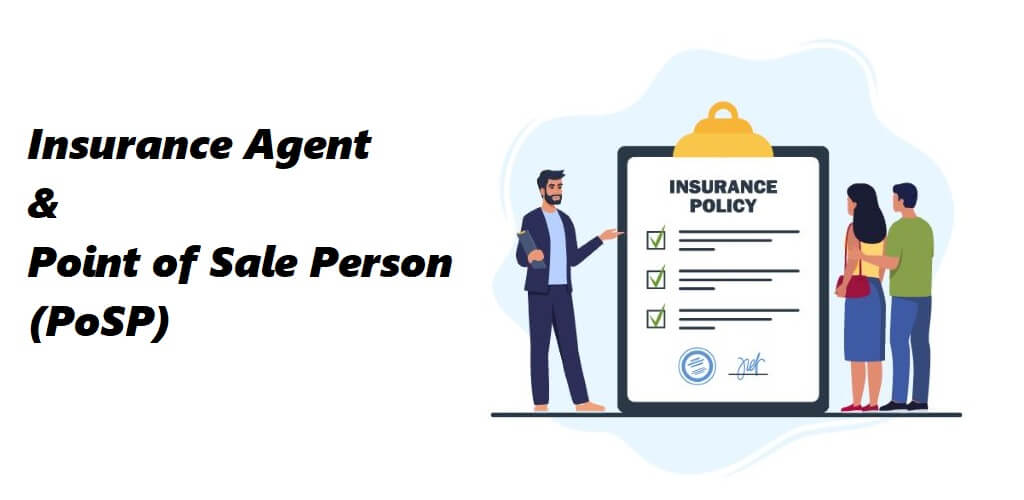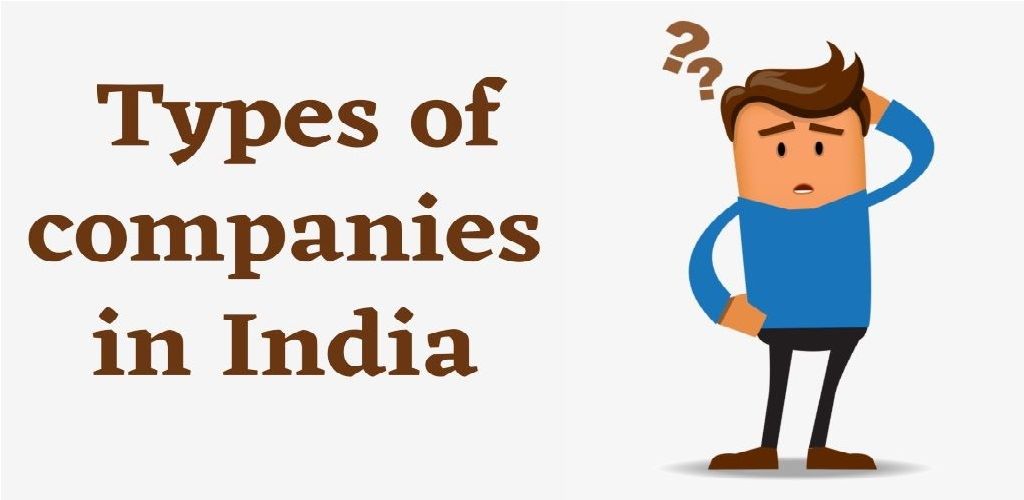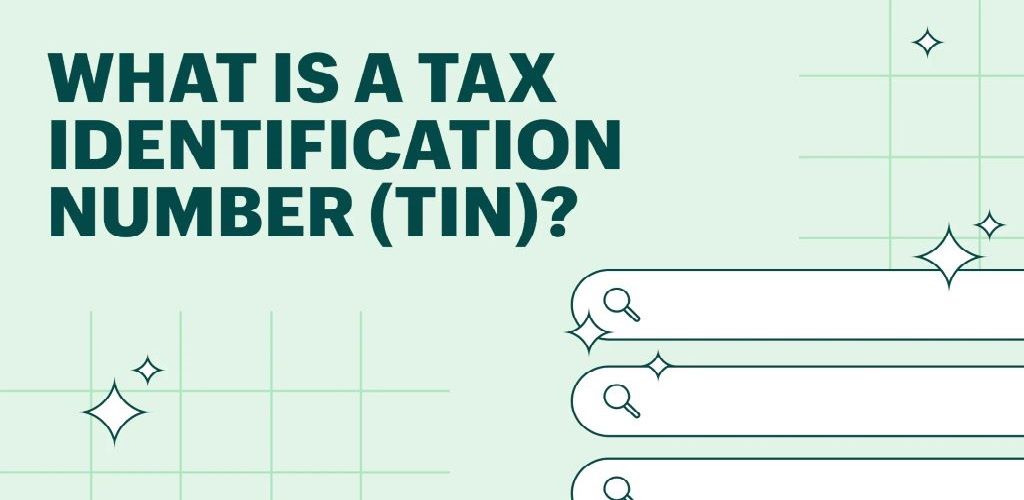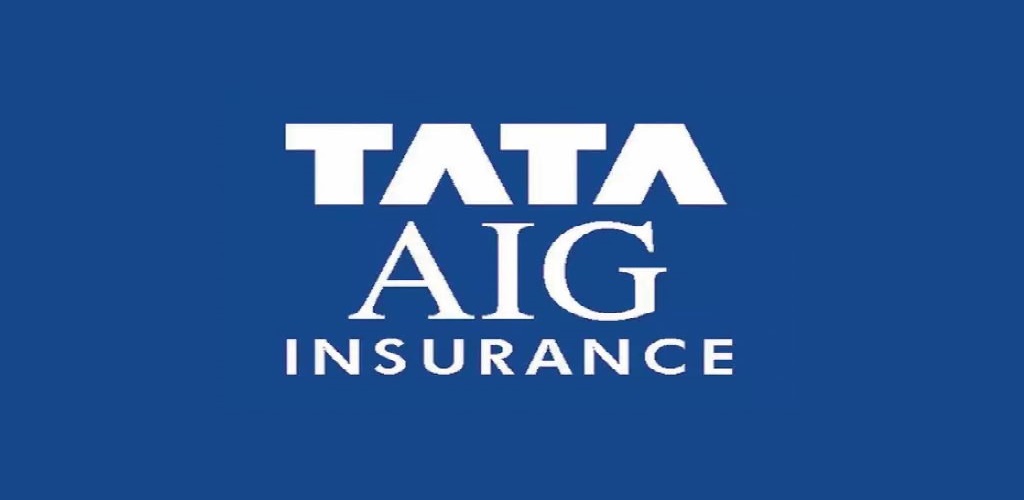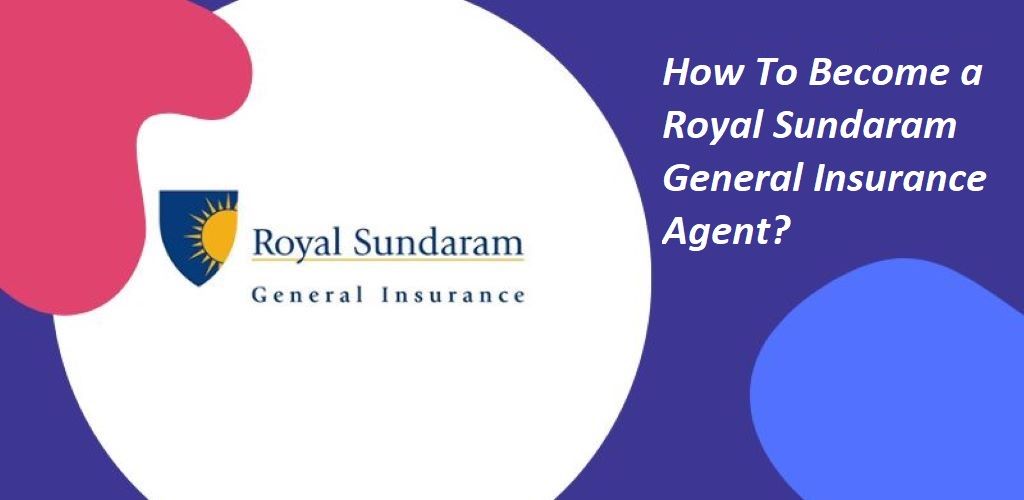The insurance industry is growing because more people realize the importance of having insurance in their lives. In 2015, the Insurance Regulatory and Development of India (IRDAI) created a new model for selling insurance. This model introduced Point of Sales Persons (POSPs) to the industry. Insurance agents and PoSP advisors now make insurance transactions easier and provide excellent customer support, helping clients make smart financial decisions.
Insurance agents and PoSP advisors work closely with insurance companies to sell different types of insurance products, such as health, motor, life insurance, and investment plans. Although they have similar roles, the two have some key differences.
In this post, we’ll understand the meaning of both roles and compare them on the basis of several parameters.
What is an Insurance Agent?
An insurance agent is someone who works for an insurance company to help customers like you buy insurance and manage your policies. They’re like the company’s salespeople and customer service representatives rolled into one. If you need to change your coverage or file a claim, your insurance agent is there to assist you. Some agents offer a wide variety of insurance options, while others specialize in specific types like home, car, or life insurance.
There are two main types of insurance agents: Captive agents and Independent agents. The former work exclusively for one insurance company, while independent agents can sell policies from multiple companies.
What is a Point of Sales Person (PoSP)?
A Point of Sales Person (PoSP) is someone who sells different types of insurance products, like health, car, and life insurance. To become a PoSP, you must be at least 18 years old and complete a certified course by the Insurance Regulatory and Development Authority of India (IRDAI).
PoSPs can work directly for insurance companies or through intermediaries like corporate agents and insurance brokers. To become certified as PoSP, you will need to register with an insurance company or broker, undergo training, study hard, and pass the IRDAI test with a minimum passing score.
If you’re interested in earning extra income or starting a career in the insurance industry, then becoming a PoSP could be a great option for you.
Key Comparison Between Insurance Agent and Point of Sales Person (PoSP)
Let’s take a look at the key comparison between insurance agents and a Point of Sales Person on the basis of the following parameters.
| Parameters | Insurance Agents | Point of Sales Person (PoSP) |
| Training | Insurance agents need to undergo training of 25 hours. | On the other hand, a Point of Sales Person must undergo training of at least 15 hours. |
| Examination | Conducted by IRDAI | PoSP, on the flip side, is conducted by the insurer. |
| Products they sell | An insurance agent has the flexibility to sell a wide range of insurance products, both standard and tailor-made, to meet the specific needs of customers. They can offer advice on policy matters and sell complex and high-risk products. | PoSP, on the contrary, primarily sells simple and transparent insurance plans approved by the Insurance Regulatory and Development Authority of India (IRDAI). These products have fixed benefits and do not require detailed explanations from customers. PoSPs cannot sell complicated or high-risk products. |
| What type of customer base do they target? | An insurance agent serves a diverse range of customers, including those seeking simple or complex insurance solutions like marine insurance. | Meanwhile, a PoSP focuses mainly on customers looking for basic insurance policies such as car insurance, two-wheeler insurance, or comprehensive health policies. |
| The kind of insurance products they sell | Insurance agents can sell a variety of products, including motor, health, travel, personal accident, and customized products like fire and marine insurance. They can also offer high-sum insured options. | PoSPs mainly sell pre-underwritten products such as motor, health, and personal accident insurance. The insurance policy is generated automatically based on the prospect’s information. |
| Validity of the Certification | The certification for insurance agents remains valid until the individual surrenders the agency. | Meanwhile, PoSPs are valid for 3 years. |
Final Thoughts
So, there you have it! That’s a wrap to the differences between insurance agents and a Point of Sales Person. No matter what kind of insurance agent you choose, getting the right insurance at the best price is important. While an insurance agent can provide valuable guidance and help you understand the available options, it’s essential to understand the agents typically offer products from only one or few companies they represent. Therefore, exploring multiple providers and comparing policies is important to ensure you’re securing the best coverage at the most competitive price.
Frequently Asked Questions
Yes, a life insurance agent can become a Point of Sales Person (PoSP) in another insurance company.
To sell insurance, you need to attend 15 hours of training for the PoSP advisor conducted by the insurer and 25 hours for the insurance advisor as required by IRDAI. After training, you take an exam to test your knowledge and get your license.
The training period should be at least 18 days for 100 hours of training and 27 days for 150 hours of training, with a maximum of 6 hours per day.
No, one person cannot work as an insurance agent for more than one life insurer, general insurer, health insurer, and one of the other mono-line insurers.
The IRDAI exam has 50 multiple-choice questions and lasts for 60 minutes. To pass, you must correct at least 35 out of 50 questions. There’s no penalty for wrong answers.

